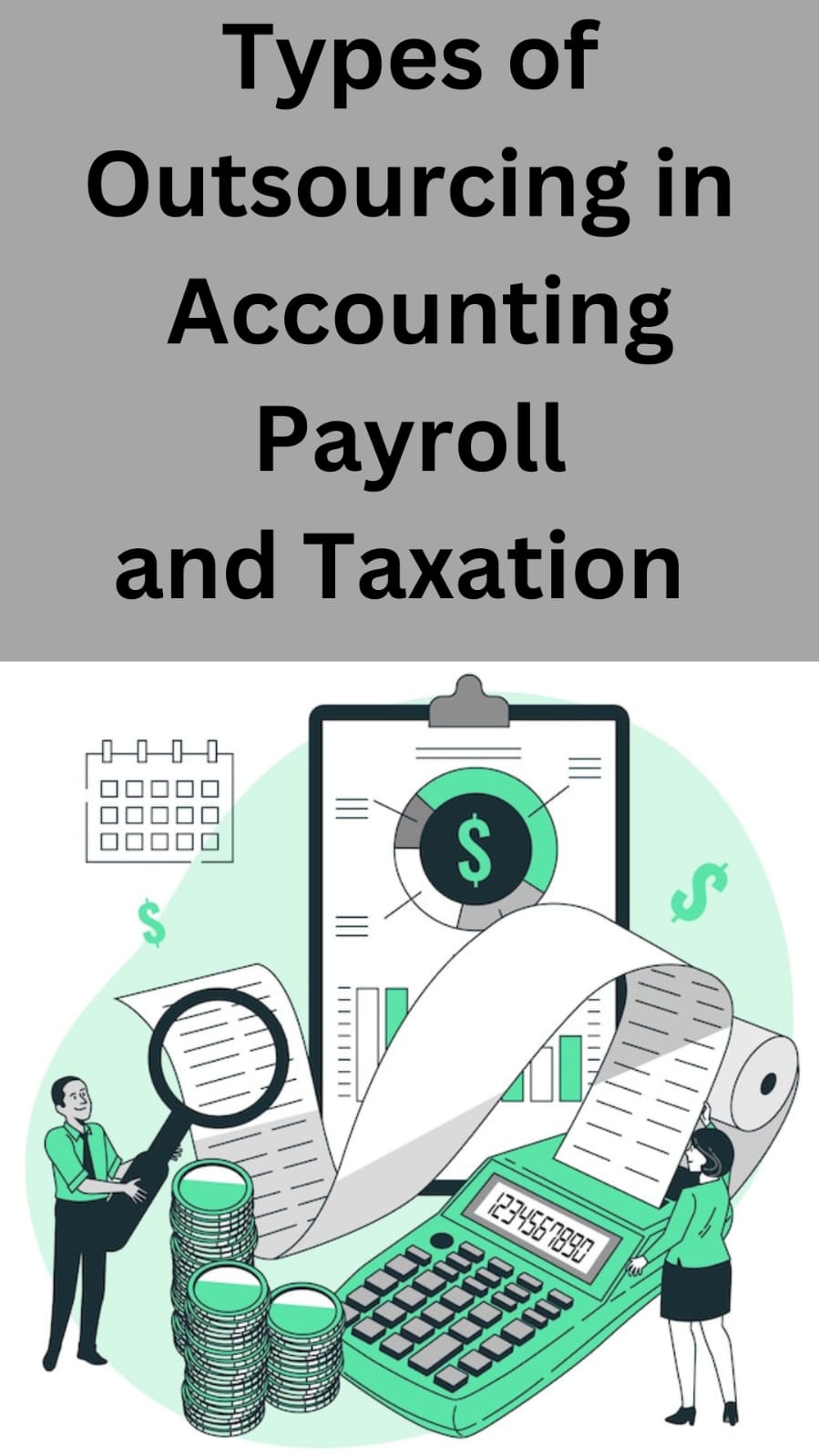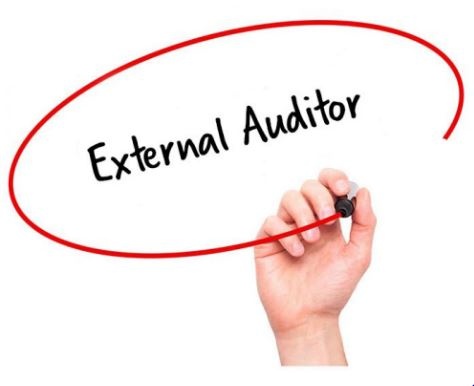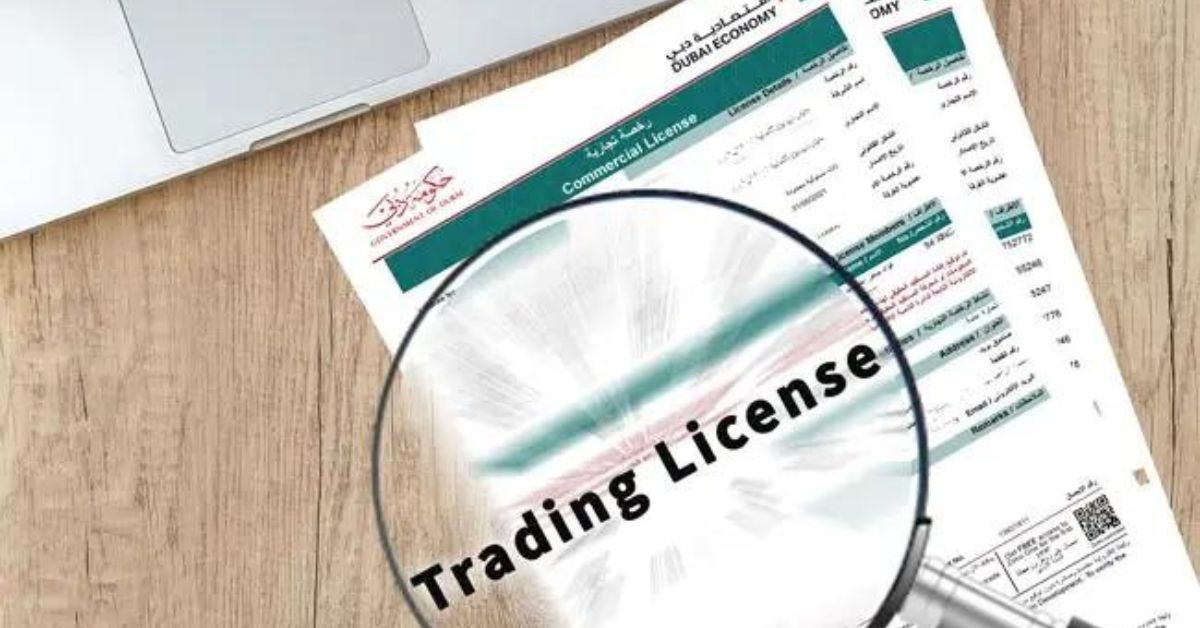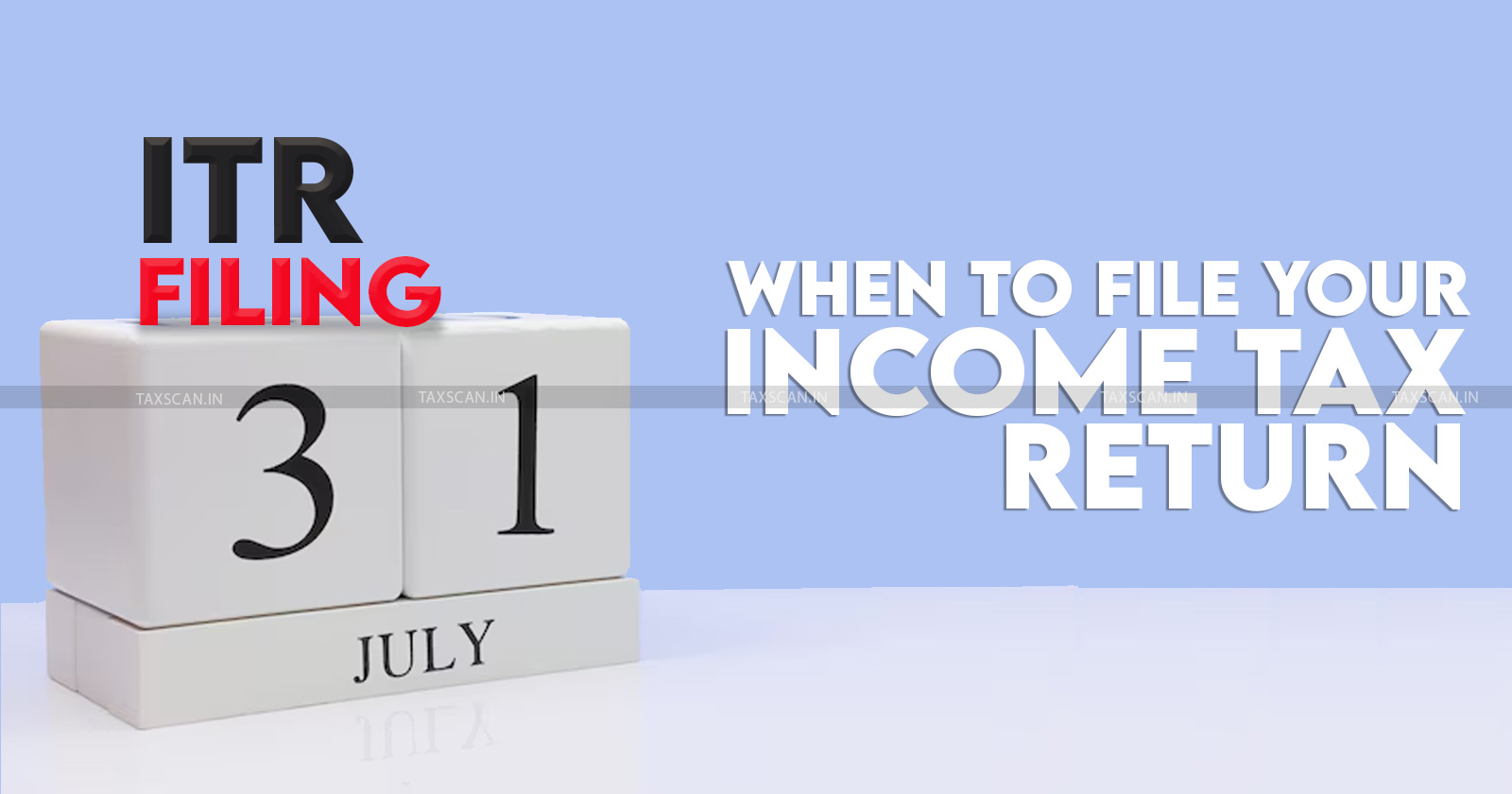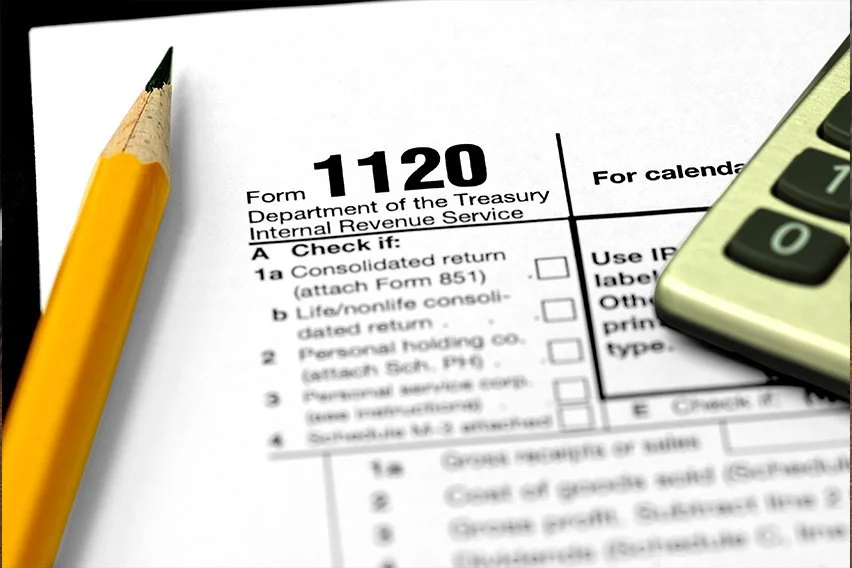Sales Tax Return Filing in Dubai


1. Understanding Sales Tax in Dubai
Dubai is part of the United Arab Emirates (UAE), which implementedValue Added Tax (VAT) on January 1, 2018. VAT is a consumption tax levied on the sale of goods and services. The standard VAT rate in the UAE is 5%, with certain goods and services subject to zero-rated or exempt statuses.
Businesses must register for VAT if their taxable supplies and imports exceed AED 375,000 annually. Voluntary registration is also available for businesses whose taxable supplies exceed AED 187,500. Registration involves submitting an application through the Federal Tax Authority (FTA)portal and providing necessary documentation, including business details and financial information.
3. Sales Tax Return Filing
Frequency of Filing
VAT returns must be filed quarterly or annually, depending on the size of the business. Quarterly filers are typically those with taxable supplies of AED 150 million or less. Businesses with taxable supplies exceeding this threshold must file annually.
Filing Process
4. Compliance and Record-Keeping
Maintaining accurate records is essential for compliance. Businesses must keep all VAT-related documents for at least five years. These records include invoices, receipts, and contracts. Regular audits by the FTA may occur to ensure adherence to VAT regulations.
5. Penalties and Consequences
Non-compliance with VAT regulations can result in significant penalties. These can include fines for late filing, inaccurate reporting, and failure to maintain proper records. Businesses should ensure timely and accurate filing to avoid these issues.
6. Recent Developments and Updates
VAT regulations and procedures may change, so it’s crucial to stay informed about any updates from the FTA. Businesses should regularly review the FTA’s guidelines and announcements for the latest information.
7. Seeking Professional Assistance
Given the complexities of VAT regulations, many businesses in Dubai opt to work with tax professionals or consultants. These experts can provide valuable guidance on compliance, filing, and optimization of VAT processes.
Conclusion
Navigating sales tax return filing in Dubai requires a clear understanding of VAT laws and procedures. By staying compliant with the FTA’s regulations and maintaining accurate records, businesses can effectively manage their VAT obligations and focus on their core operations. Regular updates and professional advice can also help ensure ongoing adherence to Dubai’s evolving tax landscape.



